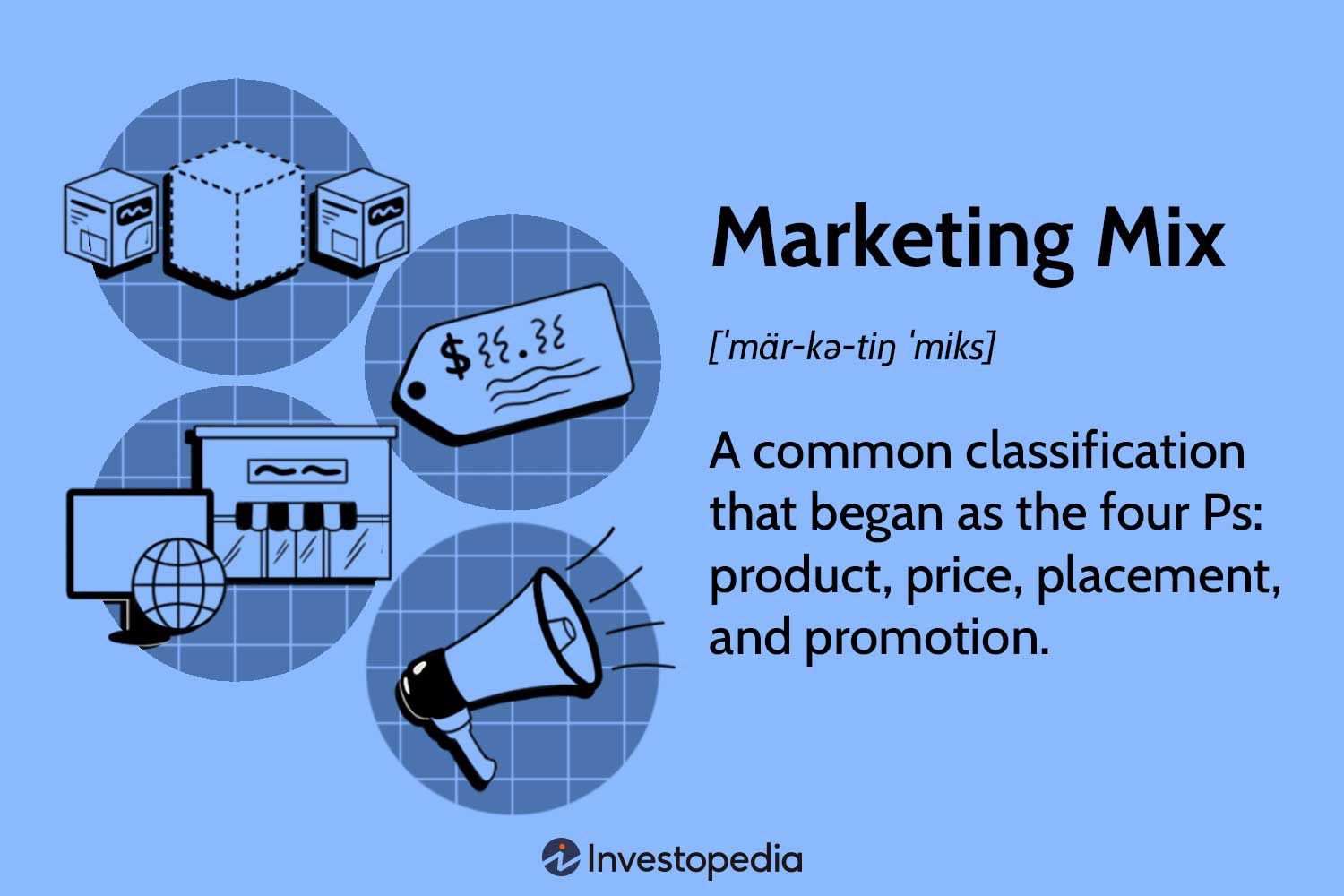Functions of Marketing Management in Business Operations and Strategies
5 Marketing Management Functions

Marketing management is the practical application of resources, operations, programs, campaigns, work and assets that align marketing activities and experiences with strategic business objectives.
It involves the research and development of the company’s products and services. It also ensures the availability of those products on the market. It deals with data points from current markets and previous marketing campaigns to curate a plan accordingly.
1. Market Research
Market research is the process of collecting, organizing, and analyzing marketing data. It is an essential component of the marketing management process and can be used to make informed business decisions.
One of the biggest challenges businesses face is finding effective ways to connect with their audience and build brand awareness. Marketing management can help by creating a cohesive strategy that aligns with company goals and capitalizes on opportunities.
This function is also responsible for identifying unmet customer needs and developing products that meet those needs. It involves determining product features, pricing strategies, and how products are positioned in the marketplace. This is an important part of marketing management because it ensures that a business has the right products in place to reach potential customers.
2. Product Development
Product development is where the marketing department translates research findings into practical products that customers will want to buy. This function is closely related to the sales and distribution teams.
To ensure that new products meet the needs of consumers, marketers often ask customers for feedback and conduct competitor analysis. This information, combined with market trends and customer data, informs the product development process as well as pricing strategies and promotions.
Marketing managers also consider the logistics of getting a product from the manufacturer to the consumer, including securing the necessary funds for production and distribution. They also oversee quality control and complaints redressal. For example, when a big company like Toyota or Apple has to recall faulty cars or iPhones, it is the responsibility of the marketing team to communicate that to the public.
3. Pricing
Pricing is a key marketing management function that determines the rate of a product or service. It influences consumer choices, profitability, and market positioning. Developing pricing strategies that align with customer values is central to creating products and services that attract customers and increase revenue.
Logistics is another important marketing management function that ensures that goods reach the right people on time. It is vital in the digital era when consumers check out products on their mobile phones or computers but only experience them physically once they are delivered to them.
Redressing customer complaints is also an important aspect of managing the market. Companies must be quick to act on complaints to ensure that their reputation does not suffer. This is critical because of the impact that it has on potential future sales.
4. Advertising
Marketing management focuses on the tactics and underlying strategies involved in selling products and services. It’s a holistic approach that requires all teams to work together to achieve their goals.
Effective product advertising is one of the key marketing functions that enables businesses to sell their products. This is achieved through various means, like putting up ads on TV channels or social media, printing pamphlets, or arranging for sales team to promote the products.
Logistics is also a vital marketing function, as it ensures that the products are delivered to the required customers on time. This is especially important in this era of digital marketing, as most people check out the products over their phones and only experience them once they receive them. Finances are another key marketing function, as they allow marketers to curate campaigns, hunt leads and convert them into potential buyers.
5. Customer Service
Customer service is the assistance your company provides before, during, and after product purchases. It can include troubleshooting, problem solving, and offering product suggestions. It also includes responding to inquiries via phone, email, chat, and social media.
Marketing and customer service teams have overlapping goals when it comes to customer acquisition and retention. A well-integrated team can help improve performance by leveraging the data each department collects to inform future marketing efforts.
Great customer service is essential to building brand loyalty and increasing sales. Customers appreciate and even expect a streamlined, enjoyable experience. When a problem arises, the key is to resolve it promptly and effectively. Then you can use the positive interaction to your advantage. Customers will spread the word and become loyal fans.